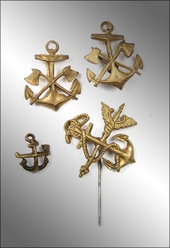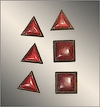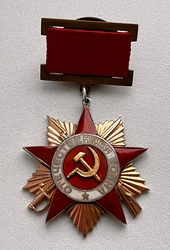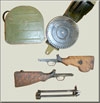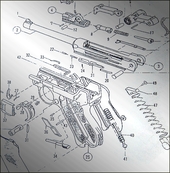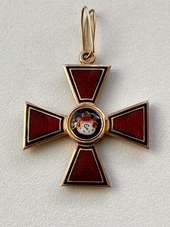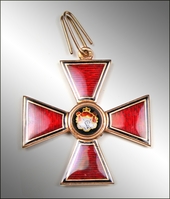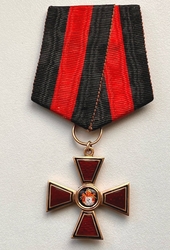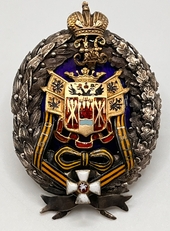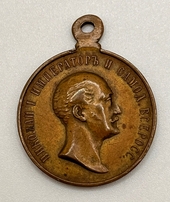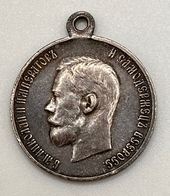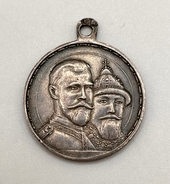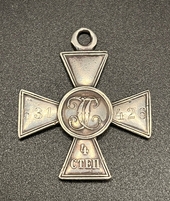
The Russian Empire. St. George's Cross of the 4th class No. 531426. Awarded to Mikhail Alekseevich Savitsky (1890-1984). XXV Corps aviation detachment, senior non-commissioned officer, pilot. For the fact that during our enemy attack on 07/25/1916, with the strongest wind and rain and among thunderclouds, I carried out reconnaissance of the movements and location of particularly annoying enemy batteries on an airplane under heavy enemy fire, in front of everyone, including the Corps Commander. Such dashing aerial reconnaissance made it possible to correctly direct the fire of our artillery and provided essential assistance to our attacking infantry in the success achieved on 07/25/1916. (he was also awarded the 3rd class No. 119967 and the 2nd class No. 30543)
Mikhail Alekseevich Savitsky (1890-1984) - an outstanding Soviet military pilot, engineer, initiator of the organization of the production of parachutes in the USSR. In 1916 he graduated from the Gatchina school of military pilots. In the Civil War, he commanded an air squad. In the 30s, he headed the country's first parachute laboratory at the Air Force Research Institute, then he was the director of parachute plant No. 1 of the USSR NKLP. Under direct supervision, parachutes PL 1, PN 1, PD 1, Author of many scientific papers were developed. He was awarded the orders of the Red Banner, the Red Banner of Labor, the Red Star, the medal of the Partisan of the Patriotic War of the 2nd degree (for the development of the parachute PD 1 and PT 1). Awarded the diploma of Tissandier (FAI).
The last two photos are shared on the Internet.
Open on the web-page



